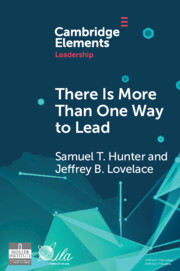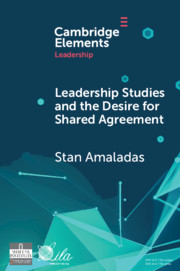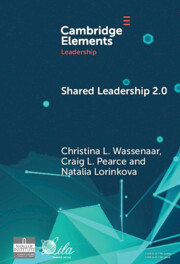There Is More Than One Way To Lead
The charismatic, ideological, and pragmatic (CIP) theory of leadership has emerged as a novel framework for thinking about the varying ways leaders can influence followers. The theory is based on the principle of equifinality, or the notion that there are multiple pathways to the same outcome. Researchers of the CIP theory have proposed that leaders are effective by engaging in one, or a mix of, three leader pathways: the charismatic approach focused on an emotionally evocative vision, an ideological approach focused on core beliefs and values, or a pragmatic approach focused on an appeal of rationality and problem solving. Formation of pathways and unique follower responses are described. The more than 15 years of empirical work investigating the theory are summarized, and the theory is compared and contrasted to other commonly studied and popular frameworks of leadership. Strengths, weaknesses, and avenues for future investigation of the CIP theory are discussed.
Product details
July 2022Paperback
9781108793216
75 pages
230 × 152 × 4 mm
0.12kg
Available
Table of Contents
- 1. Introduction and Overview
- 2. Methods: How the CIP Theory Has Been Studied
- 3. CIP Leadership Research Findings: What Researchers Have Discovered
- 4. Comparisons to Other Leadership Theories
- 5. Summary and Future Directions.




